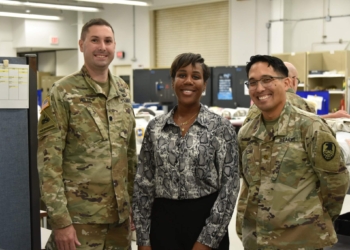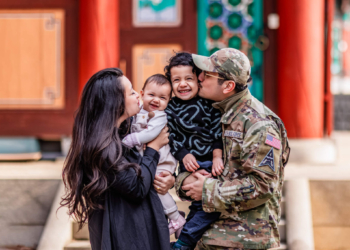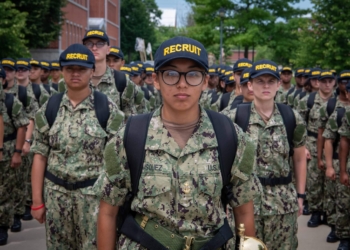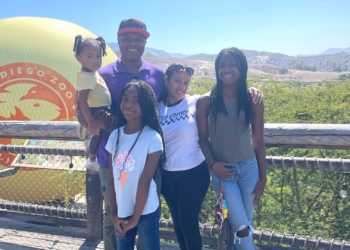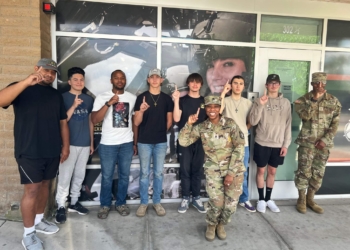Army Maj. Patrick Kihiu’s journey to becoming a chaplain and American soldier began in the slums of Kenya.
Born and raised in East Africa, Kihiu developed a deep religious conviction during high school. He cultivated his faith attending his local church in Nairobi and taking leadership roles in outreach programs, including in one of the world’s largest slums — the Kibera Slums.
His pastors recognized his potential, and understanding the value of international exposure, recommended he attend theological institutions in the U.S.
Diversity was not completely new to Kihiu though.
“I enjoyed being part of a culturally-varied community in Nairobi,” Kihiu explained. “My school mates came from the 42 tribes represented in Kenya. … After seeking God’s wisdom and guidance, the Lord opened the door of opportunity to begin theological training in the USA in September 1992 at age 22.”
After immigrating, Kihiu received a Master of Divinity and Doctor of Philosophy at Asbury Theological Seminary in Wilmore, Kentucky. Exposed to additional diversity during his studies, Kihiu says he gained an even more profound love and respect for others.
“We were constantly reminded we were all made in the Image of God and that we should treat everyone with the utmost respect irrespective of human differences,” he said.
It was also at school he met his wife, Rebecca — a fellow immigrant from Kenya. Ever since, they have led mission trips back to her home village in response to the HIV/AIDS epidemic and orphan crisis.
Then, starting his seminary practicum, he took a Clinical Pastoral Education (CPE) internship at the Veterans Affairs Medical Center in Lexington, Kentucky.
“It was there I had the opportunity to serve military veterans, providing for their spiritual needs. I heard stories of service and sacrifice on behalf of our nation,” Kihiu said.
As this position ended, Kihiu’s supervisor, a retired chaplain, recommended he consider Army chaplaincy. Humbled, Kihiu contemplated this calling while engaged in his next internship, a CPE residency at the University of Louisville Hospital. Here, he served as an on-call chaplain in the Emergency Department (ER).
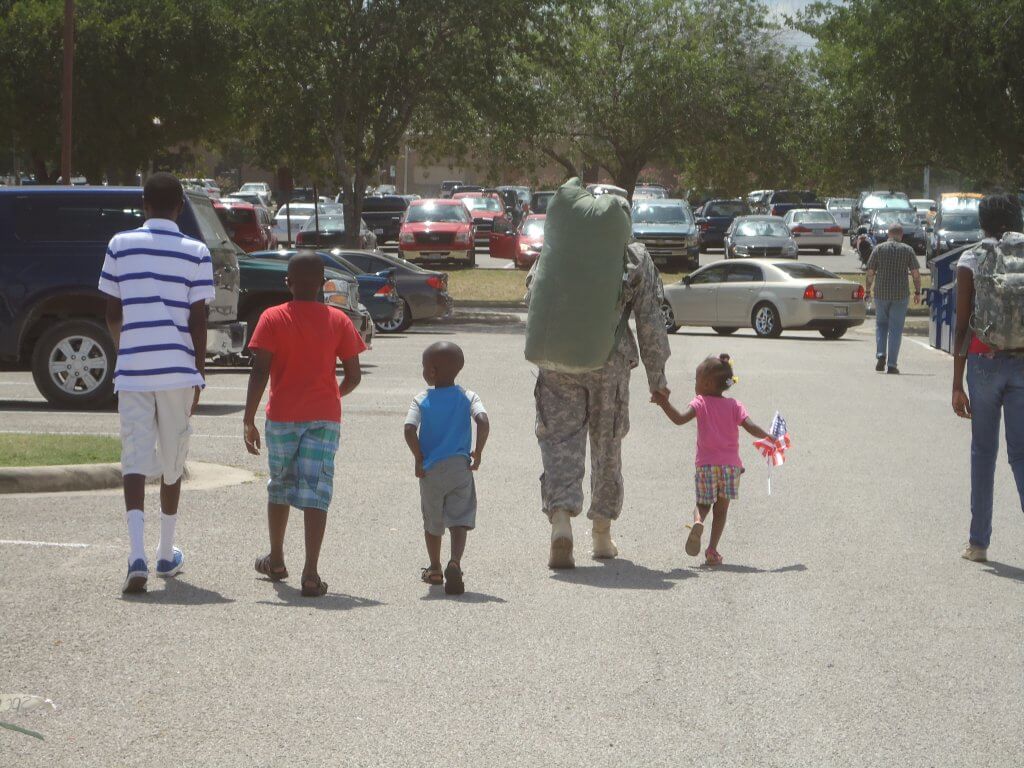
“On duty, I was constantly exposed to patients with major trauma, including multiple gunshot wounds and serious accidents. I was there when doctors delivered tragic news, staying with families after the medical teams left, and then following up with the doctors and ER team to make sure they were OK too. Though this was an incredibly challenging ministry, I felt called providing compassionate care to all my patients, family members, and medical staff,” he said.
Here, Kihiu also served military families referred from Fort Knox, explaining how their conversations revolved around the respect they had for Army chaplains.
“I began exploring this ministry more even though I was clueless [about the] military culture. These brave soldiers and precious family members became my initial window in understanding the men and women whom I would eventually be called to serve,” he said.
Consequently, upon ending his residency and with encouragement from Rebecca, Kihiu enrolled in the Chaplain Basic Officer Leadership course at Fort Jackson, South Carolina, November 2009— the same year he became a U.S. citizen.
Kihiu has since served in operational and training commands, including a Warrior Transition Battalion, and deploying to Iraq. While in the1st Special Troops Battalion, 1st Brigade Combat Team, 1st Cavalry Division, then battalion commander, Col. Steve Dawson, said of Kihiu, “No combat patrol ever went outside the wire without him personally blessing them before their departure, whether 2:00 a.m. or 2:00 p.m.”
Now at Watters Family Life Training Center at Fort Bragg, North Carolina, Kihiu encourages military families to get to know their chaplains.
“Chaplains have answered the sacred calling to ‘serve those who serve.’ We provide the best care possible in a confidential setting. [And though] endorsed by different religious agencies, our call to duty is to faithfully serve our diverse military community on behalf of our beloved nation.”
In maintaining his own resiliency, Kihiu adds, “I have learned the benefits of ‘self-awareness.’ By this I mean accepting my own strengths and weaknesses. We all have areas in our lives we can improve. Therefore, we should be accountable to others, like trusted friends, mentors, supervisors, clergy, therapists, or supervisors—who can constantly check on us and provide honest feedback. I treasure these vital relationships in my own life, and I could not be where I am without them.”
Read comments
















